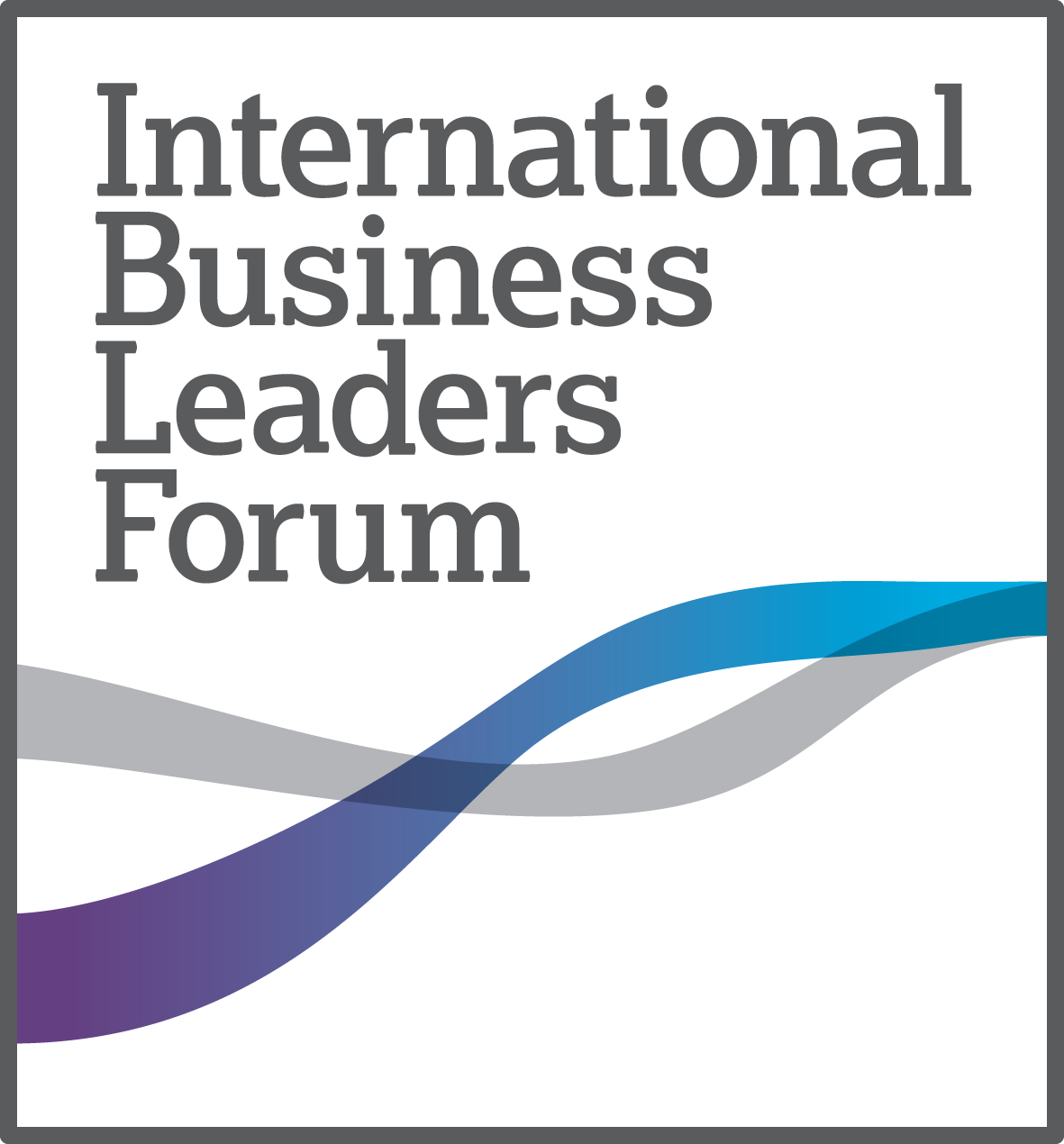IBLF's CEO Clare Melford is panelist at Accenture report launch
(3BL Media / theCSRfeed) June 10, 2011 - The Commonwealth Club in London played host to the launch of a new report from Accenture Development Partnerships (ADP) in May 2011 where Clare Melford, CEO of the International Business Leaders Forum (IBLF), served as a panelist. She expressed her opinions on how to make partnerships work in a convergent economy and whether business had any mandate to stray into social areas traditionally reserved for government.
The report - Convergence Economy: Rethinking International Development in a Converging World - discusses the concept of the convergence economy. Put simply, ADP anticipates a cross-sector convergence of solutions to development problems and is based on a merging of issues and a confluence of interests between the development sector, the private sector and commercial organizations. It acknowledges that water, sanitation, education and disease, for instance, can only be addressed effectively together and that the interests of NGOs do not run counter to those of business. This results in a convergence of solutions, where it no longer matters whose logo is on the product or service that is improving the welfare of communities.
Issues raised in the report were debated at the launch event by a group of distinguished panelists moderated by BBC News 24 presenter Jon Sopel. Clare’s fellow panelists included: Gib Bulloch, Executive Director, Accenture Development Partnerships; Nigel Chapman, CEO, PLAN International, and Chris Burgess, Sustainability Director, Vodafone.
The audience were also welcomed by report co-author, Peter Lacy, Managing Director, Accenture Sustainability Services Europe, Middle East, Africa and Latin America. Jon quizzed the panel around their views of the ‘Convergence Economy’, asking if they believed we were witnessing an evolution in how we address development sector problems or a revolution. He asked each panelist to give an account of where they were witnessing new types of partnerships - and whether they saw this ‘blurring of the boundaries’ as high risk to the traditional model.
The audience of just under 100 guests - coming from the development, commercial and private sectors - posed some challenging questions for the panelists too during the open Q&A. The evening ended with strong feedback from the participants who concluded that all-in-all it was an excellent event.
On the event, Clare said:
"It is clear that cross-sector partnerships are becoming the smart way to deliver development impact. Accenture’s report is highly relevant in the current scenario. "
IBLF14369

